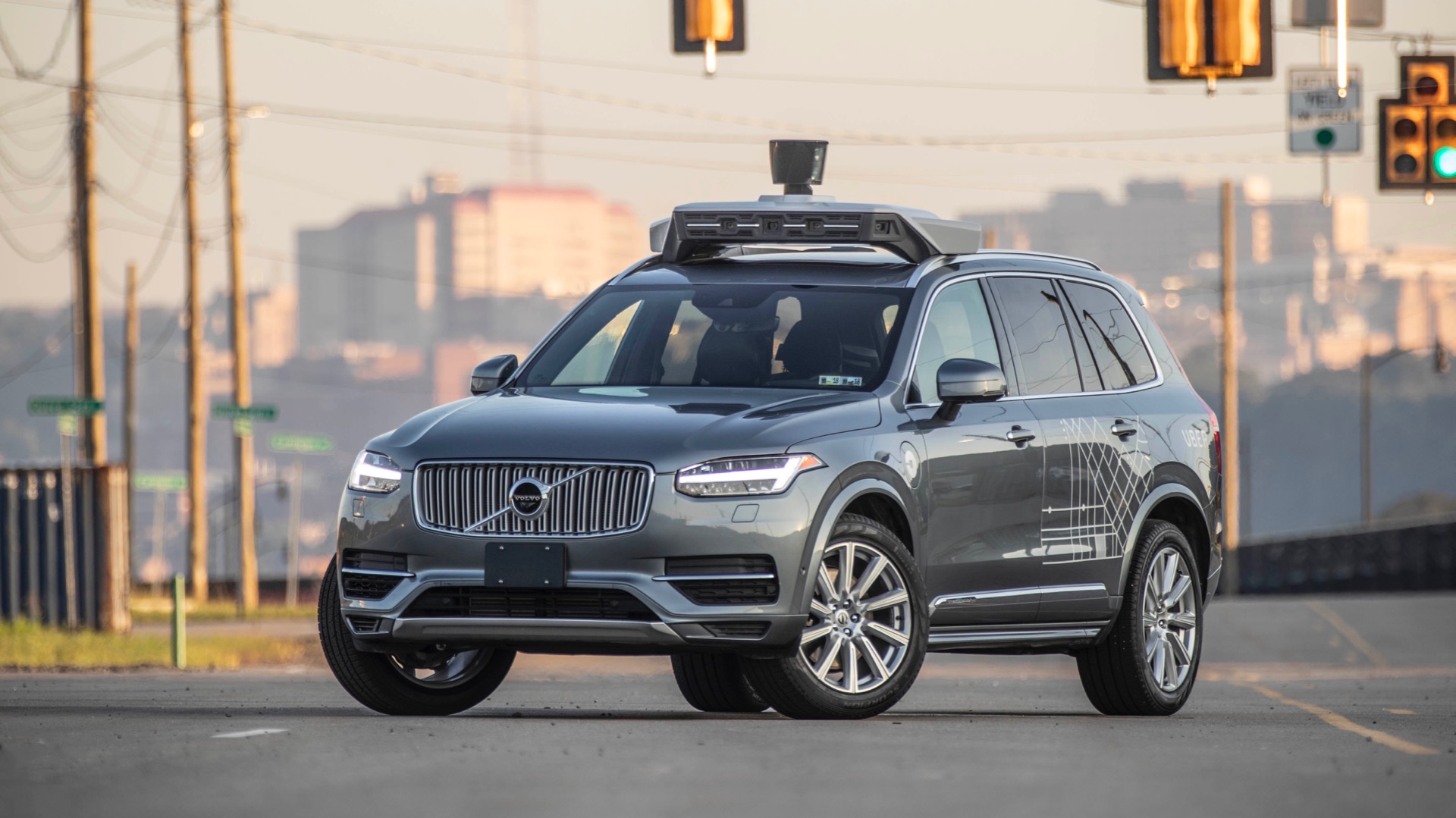

Uber Advanced Technologies Group (ATG), which develops the company’s autonomous-driving tech, has been operating in a diminished capacity as a result of a fatal crash involving one of its cars in March 2018. But ATG is about to get a shot in the arm, in the form of a $1 billion investment from Toyota, Denso, and Japan’s SoftBank.
The deal values ATG at $7.25 billion, according to an Uber blog post, and it adds on to Toyota’s investment of $500 million, which was announced last year. At the time, Toyota and Uber said they would also work together to build a test fleet of autonomous Sienna minivans. SoftBank is already an Uber investor and has invested in General Motors’ Cruise autonomous-driving division as well.
Uber was once a leader in self-driving cars, with ambitious plans to convert its ride-hailing service to autonomous vehicles. But in March 2018, one of Uber’s test cars struck and killed a pedestrian in Tempe, Arizona. Uber suspended operations for months, only restarting in December 2018 with many restrictions. Cars were only allowed to resume driving on a one-mile loop in Pittsburgh. Uber has also scrapped a program to develop self-driving trucks.
In addition to working with Uber, Toyota has done some self-driving car development work in-house. The Japanese automaker has said it is developing both fully-autonomous cars and a driver-assist system called “Guardian” that intervenes only when a human driver runs out of talent. The latest deal, which is expected to close in the third quarter of 2019, ties Toyota’s autonomous-driving program even closer to Uber’s. Collaboration between companies is not unusual in the autonomous-driving sector, as the cost to develop the technology is fairly high.
Uber recently launched its initial public offering (IPO), meaning it must prove to investors that it can continue to grow. Self-driving cars will likely be an important part of that, as they’re generally considered to be particularly well suited to ride-hailing. A fleet of autonomous cars eliminates the need to pay human drivers, and autonomous cars can stay on the road longer (they don’t need to take bathroom breaks, after all). An infusion of cash should help Uber’s self-driving car program regain lost momentum.